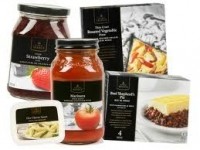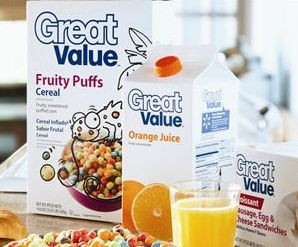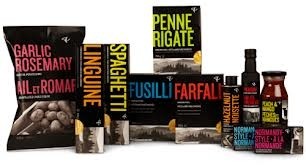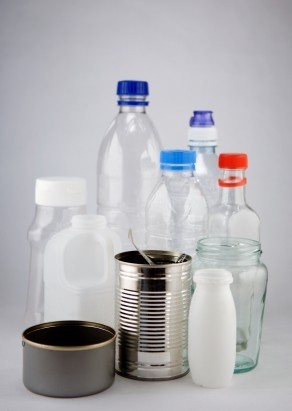US private label market could double in five to six years, predicts PLM boss
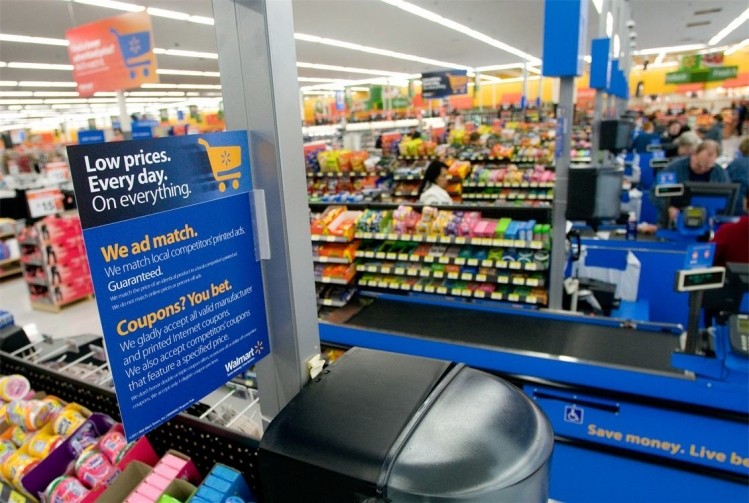
Jérôme Malavoy is chief executive of Trace One, a leading provider of PLM systems for private label, with customers including Walmart, Walgreens, Safeway and European retail giants Tesco and Carrefour.
Malavoy, who has just set up a US HQ in Boston, says many US food retailers are looking to increase the percentage of sales generated from private label products to 25% or more, and are beginning to put genuine marketing muscle behind their store brands.
Moving beyond copy-cat products
While private label penetration rates in US food retail (around 18%) are still well below those of some European countries, US retailers are increasingly recognizing that private label can help them boost profitability, differentiate themselves and improve consumer loyalty, he said.
“The first wave of private label products in the US was focused on copying the national brands and offering a lower price point. They outsourced the product development process.”
More recently, we have seen rapid growth in multi-tiered private label programs (good, better, best) and the development of unique and far more innovative products and packaging that give retailers a real point of difference in the marketplace, he said.
“Retailers recognize that they are not going to improve their margins with P&G and Coke, so they need to develop their own brands.”
The business case for PLM
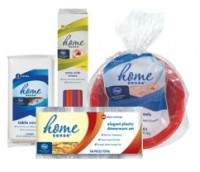
Meanwhile, once penetration goes beyond 10 or 15%, retailers typically see private label ranges as so strategic that they will bring management of them back in house, recruiting dedicated teams to develop and manage them, he added.
And as ranges expand, the business case for using a comprehensive PLM system becomes compelling, as firms are now managing hundreds if not thousands of products and suppliers and under pressure to get products to market far more rapidly, he said.
And with brands to protect, being able to immediately update or interrogate product specifications, pricing information, nutrition facts labels, legal documents, allergen information and scores of other data in the event of a food safety crisis or a media scare is critical, he said.
“If there is a problem with an ingredient, retailers need to see exactly which private label products this ingredient is in and take immediate corrective action, so being able to access this kind of information rapidly is essential to protecting your brand.”
Similarly, having one version of the truth is essential if you want to ensure updates (eg. a recipe change) filter through to every other part of the business that might be affected, he said (labeling, regulatory, quality etc).
The new record-keeping requirements under the Food Safety Modernization Act had also put more pressure on retailers and manufacturers of store brand products to get their act together, he said.
Novel products, tiered ranges: The evolution of store brands
According to a white paper recently published by Trace One and Planet Retail, private label represented an estimated 25% of 2011 food sales at Safeway, 18% of food sales at Costco and Walmart, 27% at Kroger and 20.5% at Walgreens.
Many of these retailers have also invested heavily in premium private label ranges (Safeway SELECT) and introduced new everyday lines to target cash-strapped shoppers (Kroger’s Home Sense). There has also been a lot of consolidation, with Kroger consolidating Naturally Preferred and Private Selection Organic into one brand (Simple Truth) and SuperValu consolidating instore brands under the Essential Everyday banner.
Others have set ambitious growth targets, with Walgreens aiming to double private label sales over the next five to seven years and Costco setting a long-term goal for private labels to reach 30% sales penetration.
The size of the prize: Growth in sales of private label outpaces that of national brands
According to the Private Label Manufacturers Association (PLMA), store brand sales grew by 3.9% in 2011 to $92.7bn, while sales of national brands grew just 0.6% (in all outlets – supermarkets, drug stores and discount stores, including Walmart).
A more comprehensive figure would include an estimated $20-25bn in sales in channels not officially counted by market research firms such as warehouse clubs like Costco and Sam’s Club, discounters such as Aldi and Save-A-Lot, specialty chains such as Whole Foods and Trader Joe’s, convenience stores such as 7-Eleven, and dollar stores, said the PLMA.
